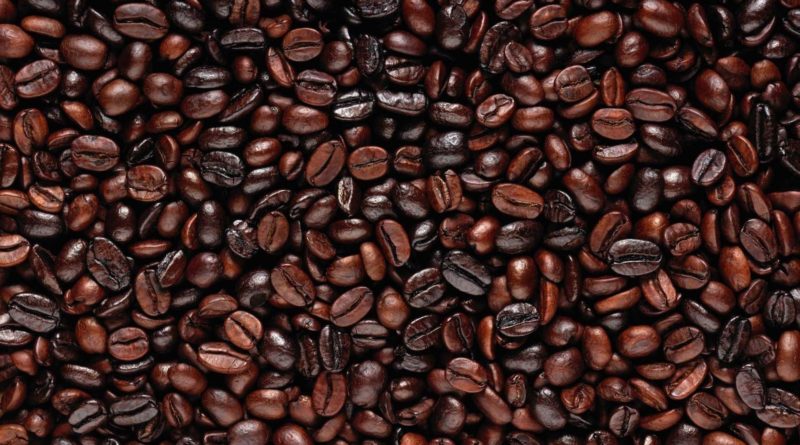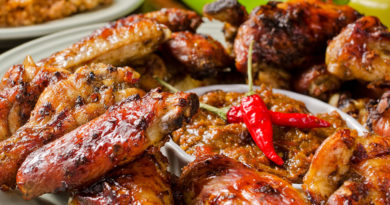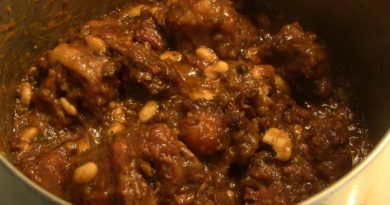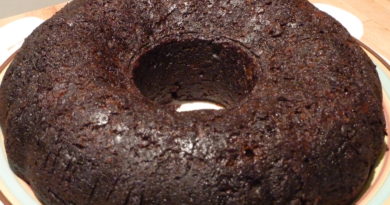Jamaican Coffee – What’s Behind The Taste?
Jamaican Blue Mountain Coffee has one of the best coffee flavor and unique aroma in the world. It is Coffee that has been carefully grown, harvested, roasted and packaged with well deserved pride. There are lots and lots of Coffee beans produced worldwide, but Jamaican coffee is one that keeps coffee lovers talking and asking for more. Let's learn more about Jamaican coffee.
Jamaican Blue Mountain Coffee Retailers – Buying Tips
So, how do you know if you are buying the authentic 100% Jamaican Blue Mountain Coffee? The truth is, Jamaica has challenges protecting its famous brand of coffee. The Jamaica Coffee Industry Board has registered Blue Mountain Coffee and Jamaica High Mountain Supreme trademark all around the world. Despite this, there are consistent challenges as several illegitimate coffee retailers seek to brand and package their coffee as Jamaican.
If you are visiting Jamaica, you can feel confident buying your coffee from reputable supermarkets, duty-free stores, hotels, and other boutique shops.
If you find it more convenient to shop online, there are many reputable places where you can get authentic Jamaican coffee. One of the most popular coffee retailer is Amazon. Amazon is a very reputable company and stocks a whole range of real Jamaican coffee. However, due to Amazon’s massive marketplace, it is won’t hurt to do some checks.
The Wallenford Coffee Company is the renamed commercial brand for Jamaican coffee, however, at the time of writing this article, they are major distributors and do not sell online as retailers.
In Jamaica, two well known coffee retailers are the Country Traders Group (Coffee Roasters) and JablumGroup, both of which are also online coffee merchants.
There are numerous websites offering Jamaican Blue Mountain Coffee, and to be frank, it is quite difficult establishing which ones are selling the real Jamaican coffee. It cannot be overemphasised that a little research won’t hurt. Check out their locations, their ‘about us’ pages, and check to see if there are any reviews available. Quite a number of online coffee retailers have websites that may even have domain names which mimics the authentic Jamaican Blue Mountain Coffee. However, do not let down your guards just yet, as this may not necessarily be an indication that they are selling the real Jamaican coffee. If you would like, we have saved you some time, you can get the real Jamaican coffee right here. (see below).
Jamaican Coffee – The Early Days
In the early 1700s, Coffee was introduced in Jamaica by Jamaican Governor, Sir Nicholas Lawes. He had acquired some arabica coffee seeds and plants from Martinique. Not long after, coffee was seen as a lucrative opportunity to stabilize Jamaica’s economy.
Prior to coffee cultivation in Jamaica, coffee was being imported to Jamaica from England which attracted high importation fees. Eventually after the fees were reduced in the late 1700s, many French and Haitian coffee farmers began to see Jamaica as an interesting spot. With their great expertise and experience, Jamaica became one of the world’s largest producing exporter of coffee in 1809, producing as much as 83 million pounds.
Despite the great start, Coffee production soon fell to concerning levels following the abolition of slavery in 1838. Many large coffee plantations were affected, and out of fear of not being able to afford labour costs, they abandoned their plantations. There was also a number of freed slaves who started their own coffee production either on some of the abandoned farms or on nearby farmlands.
Jamaican Coffee Revival
By 1965, the production of coffee in Jamaica fell by 6 million pounds. It wasn’t long after this that coffee farmers discovered the unique difference of mountain planted coffee. They found out that, incredibly, coffee that was planted in the mountains had a unique aroma and a more delectable flavour than those planted elsewhere.
The Blue Mountain region later became a popular coffee cultivation area. The coffee grown in the Blue Mountain regions of Jamaica became renown worldwide. Even the American coffee giants, Starbucks, keeps ordering more coffee from Jamaica, as their customers ask for more. Much of the coffee cultivation took place between 500m and 1500m. In the early sixties, much of Jamaica’s coffee was exported to England. It has been believed that the Queen of England insisted on having the Jamaica Blue Mountain Coffee. Later on, the Japanese were intriqued by this and later started to purchase coffee from England, soon after, Jamaica was exporting coffee directly to Japan.
By the late 1970s, the demand for Jamaica Blue Mountain Coffee significantly exceeded the supply. The government then intervened and invited others to become coffee farmers. Many individuals, companies and professionals proved that they found coffee production to be quite an attractive option.
Jamaican Coffee and The Jamaican Government
In 1999, there was a decision by the government to separate the commercial arm of the coffee industry from the regulatory arm. This was critical in establishing objectivity in the assessment of privately licensed coffee dealers and the government controlled operations. The commercial divison was renamed Wallenford Coffee Company. The Coffee Industry Board, the regulatory arm, regulates the industry. They define standards for Jamaican Coffee, the best practices for growing and processing Jamaican coffee.










